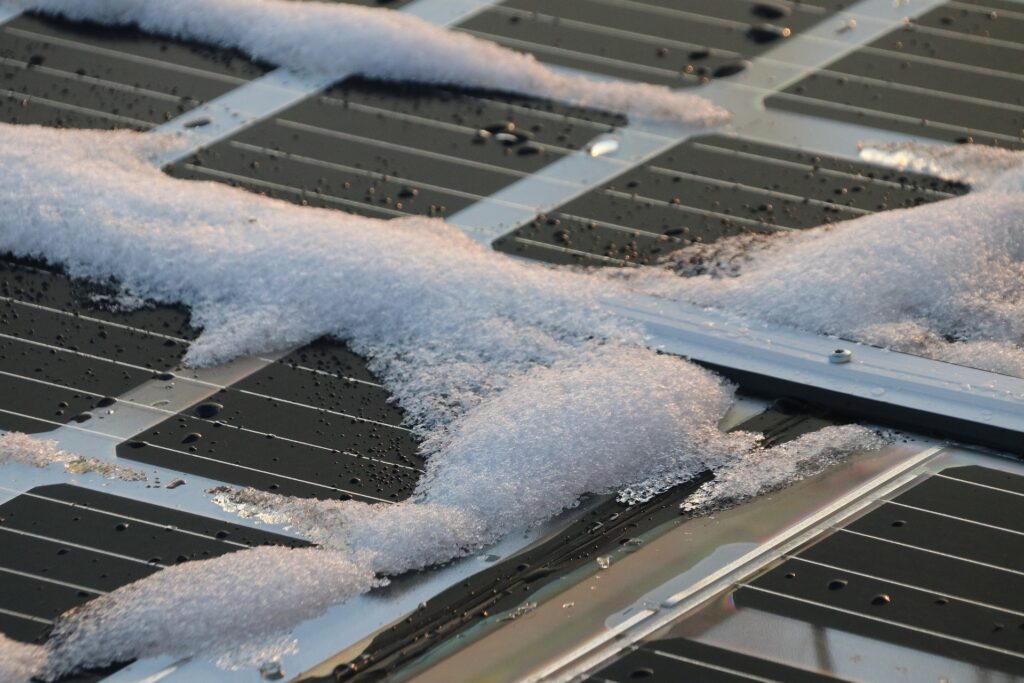
Solar panels are a popular choice for generating renewable energy, but some people are concerned about their performance during the winter months. While it’s true that solar panels produce less energy in the winter, they are still a reliable source of electricity even in colder climates. In this article, we will discuss how solar panels perform in winter and what factors can affect their performance.
How do solar panels work?
First, it’s important to understand how solar panels work. Solar panels use photovoltaic cells to convert sunlight into electricity. When sunlight hits the cells, it creates a flow of electrons, which can be captured and used to power homes and businesses. However, solar panels rely on sunlight to produce electricity, so their output can be affected by weather conditions such as clouds, rain, and snow.
During the winter months, the days are shorter, and the angle of the sun is lower in the sky. This means that solar panels receive less sunlight, which can reduce their output. However, this reduction in output can be mitigated by several factors.
Location of Solar Panels
The first factor is the location of the solar panels. Solar panels that are installed in areas that receive a lot of sunlight, even during the winter months, will perform better than those installed in areas with less sunlight. The angle of the solar panels also plays a role. If the panels are installed at an angle that maximizes their exposure to the sun, they will produce more electricity.
Efficiency of Solar Panels
The second factor is the efficiency of the solar panels. High-efficiency solar panels are designed to generate more electricity per square meter of surface area, which means they can produce more energy even with less sunlight. Investing in high-efficiency panels can help offset the reduced output during the winter months.
Temperature of the Solar Panels
The third factor is the temperature of the solar panels. Solar panels operate more efficiently at cooler temperatures, which means they can actually produce more energy in the winter than in the summer if the panels are kept cool. However, if the panels are covered in snow or ice, their output can be reduced significantly.
To address the issue of snow and ice buildup on solar panels, many homeowners choose to install snow guards or racking systems that elevate the panels above the roofline. This allows snow and ice to slide off the panels and prevents damage to the panels and the roof.
Cleaning Solar Panels
Another way to optimize the performance of solar panels during the winter months is to ensure that they are kept clean. Dust, debris, and snow can accumulate on the panels and reduce their efficiency. Regular cleaning and maintenance can help ensure that the panels are operating at peak efficiency.
In addition to these factors, it’s also important to consider the energy needs of your home or business. During the winter months, energy consumption typically increases due to the use of heating systems and other appliances. Investing in a larger solar panel system or a battery backup system can help ensure that you have enough electricity to meet your needs.
Conclusion
In conclusion, solar panels can still be a reliable source of electricity even in the winter months. While their output may be reduced, there are several factors that can help optimize their performance. The location of the panels, their efficiency, their temperature, and regular maintenance are all important considerations. By taking these factors into account, homeowners and businesses can continue to enjoy the benefits of solar power throughout the year.